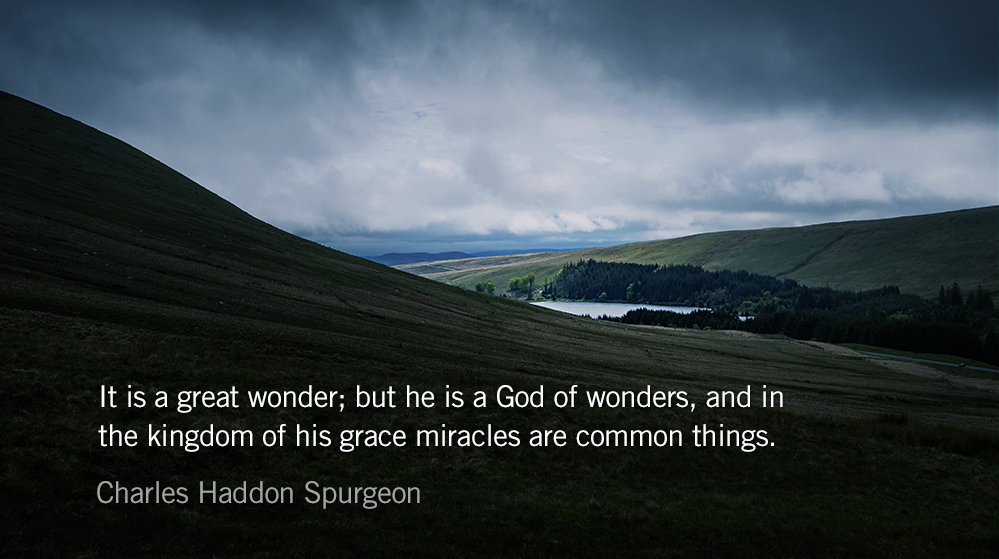The worldling blesses God while he gives him plenty, but the Christian… trusts him where he cannot trace him, looks up to him in the darkest hour, and believes that all is well.
― Charles Haddon Spurgeon
Scripture: Exodus 10.3-4
Moses and Aaron went in to Pharaoh and said, “Thus says the LORD, the God of the Hebrews, ‘How long will you refuse to humble yourself before me? … For if you refuse to let my people go, behold, tomorrow I will bring locusts into your country.’”
Reflection: The Wasted Years
The Park Forum
A swarm of locusts was like a stock market crash for an agrarian society. The swarms descend in an instant—destroying wealth and spiraling entire economies into what could turn out to be a sustained downturn.
Even today, the devastation from just one attack can mar swaths of land. The largest locust swarm on record devoured 198,000 square miles (17% larger than the state of California) and contained 12.5 trillion insects.
In Scripture, the long term destruction from locusts is referred to as “wasted years.” Months of preparing, planting, and cultivating were laid waste. For Egypt it was a direct result of their hardheartedness, and an attack on their god Isis, who was believed to protect from such plagues.
For Israel, who faced their own locust attacks, the locusts were believed to be tangible reminders of the devastation caused by sin. Years lost to disobedience, brokenness, and rebellion.
God’s character is revealed in how he responds to wasted years. If he were spiteful his response would be callous—a cosmic, “I told you so.” If he were overbearing he would make the devastation worse.
Instead, and in the face of all that is lost, God is graceful. “I will restore to you the years that the swarming locust has eaten,” God promises through the prophet Joel. It’s a promise that requires divine intervention—for what man can restore what is lost in his darkest hour?
“It is a great wonder; but he is a God of wonders, and in the kingdom of his grace miracles are common things,” Charles Spurgeon told his London congregation in 1886.
In some ways the joy, hope, and renewal found in Christ result in a restoration here and now. Faith in Christ results in a tangible change to the way we engage in the world. In other ways we await the full restoration of all that has been lost. For then our tears will be wiped away, our pain relieved, our brokenness restored, our hearts made whole again.
Prayer: The Refrain for the Morning Lessons
May you be blessed by the Lord, the maker of heaven and earth.
– From The Divine Hours: Prayers for Springtime by Phyllis Tickle.
Full prayer available online and in print.
Today’s Reading
Exodus 10 (Listen – 4:44)
Luke 13 (Listen – 5:02)






